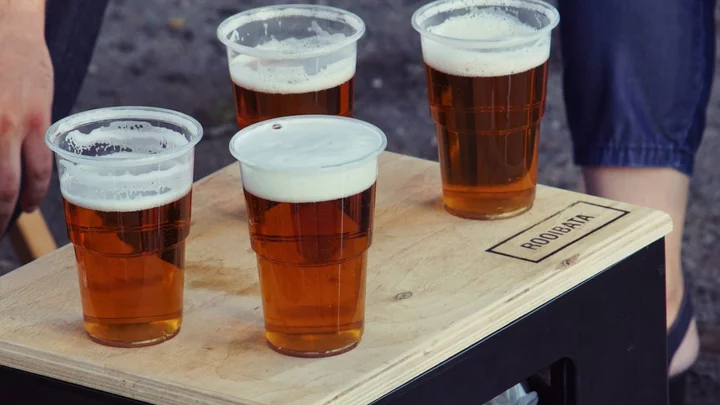Are you questioning your relationship with alcohol? Or perhaps you're concerned about someone in your life?
Dr. Dave Nichols - an NHS GP - shared six signs that you may be a "borderline alcoholic" to help you know if it's time to stop.
Dr. Nichols spoke to The Sun about what makes someone "dangerously close to the line" of drinking too much.
"A lot of people know that they sometimes drink too much, but many don't know where the line is when it comes to problematic alcohol consumption," Dr. Nichols explained.
"It describes a pattern of harmful drinking where you may have a drink, or several drinks, every day or regularly binge drink."
To help people gain a better understanding of their drinking habits, he shared six signs to look out for: drinking alcohol every day without realising it; binge drinking often; only socialising if alcohol is involved; drinking frequently during the day; finding it irritating when others are not drinking; and consuming more than the recommended government guidelines.
The NHS recommends drinking no more than 14 units spread across three days or more. Which equates to roughly six medium (175ml) glasses of wine, or six pints of 4 per cent beer.
Dr Nichols warns that borderline alcoholics are at risk of falling into dependence: "While you may not yet have developed a physical dependence to this pattern of drinking, you are at high risk of developing alcohol dependence.
"Borderline alcoholics might experience symptoms such as abdominal pain, stress, anxiety, bad skin, trouble sleeping, irritability and higher blood pressure."
If you're looking to cut back on your alcohol consumption, events such as Dry January are a great way to kickstart habits. Dr Nichols also suggested socialising in sober settings, such as exercise classes, dog walks, or coffee shops.
If you are worried about your alcohol consumption find a list of NHS resources here.
Sign up to our free Indy100 weekly newsletter
Have your say in our news democracy. Click the upvote icon at the top of the page to help raise this article through the indy100 rankings.
How to join the indy100's free WhatsApp channel

